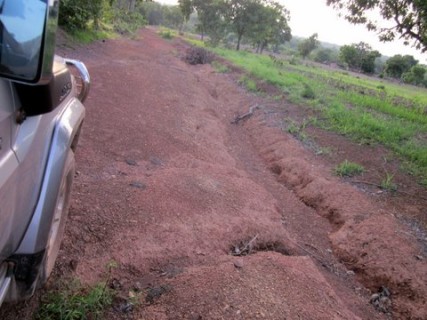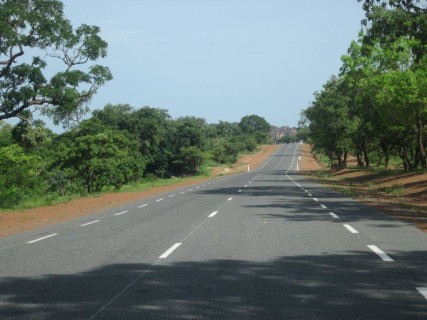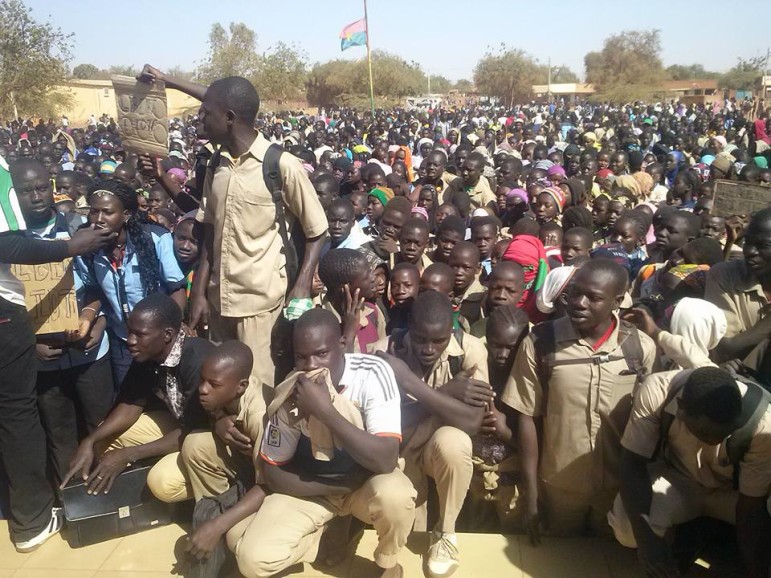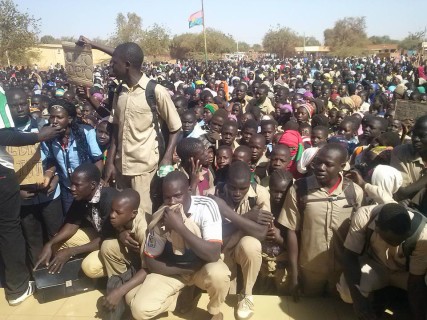The terrorist attacks in Burkina Faso over the past week may have targeted westerners, but the victims will soon include the poorest of the poor.
There have been two attacks in Burkina Faso over the past week. First, there was an al Qaeda attack on hotel in Ouagadougou, Burkina Faso’s capital, that killed 26 civilians. The victims included Michael James Riddering, an American missionary who ran an orphanage and women’s center with his wife Amy Riddering. Six others were Canadians on a short-term missionary trip to work with the Ridderings.
Yesterday, Burkina Faso’s president announced that Ken and Jocelyn Elliot have been kidnapped by a branch of al Qaeda in the Islamic Maghreb (AQIM). The Elliots founded a medical center in the northern village of Djibo in 1972. Ken is a surgeon in a region where basic, life-saving procedures would be unavailable without his work.
The Elliots were known to be more Burkinabe (bur-ki-nuh-bay) than Australian. And their kidnapping has resulted in an outpouring of support among those in their village. There have been large, public protests demanding the safe return of the Elliots.
There are others who have been killed by al Queda in Burkina Faso. What many (if not all) had in common was a passion to help people living in one of the poorest regions on the planet.
Burkina Faso is one of the least developed nations. Consider these statistics:
- Life expectancy is 55 years. This ranks 210 out of 224 nations.
- Two-thirds of the population is under the age of 25.
- Child mortality rate is twenty-five times that of the U.S., putting it ninth in the world
- 83 percent of the population lacks access to proper sanitation.
- The unemployment rate is over 75 percent, leaving most to live on subsistence farming.
- The GDP per capita is $1,700, one of the lowest in the world.
- Access to medical care is rare and limited, with only 0.05 physicians and 0.4 hospital beds for every 1,000 people.
Burkina Faso has few resources to be extracted. It is a landlocked country with virtually no infrastructure. While there are some natural wonders, there are other regions of Africa that draw tourists.
Put simply: there is no reason for anyone from a western nation to live and work in Burkina Faso except out of love and a passion to serve others. Missionaries, Peace Corps volunteers, and others provide the resources and expertise to develop hospitals, schools, and other social services in Burkina Faso. Many of those who serve in Burkina Faso are missionaries motivated by their faith.
READ Graphs: One billion reasons why World Vision matters

The road in southwestern Burkina Faso during the dry season. This was before recent road construction. Source: Karen Conkle.
What can you do to help? You already have without knowing it.
Burkina Faso was given over $490 million by the United States as part of the Millennium Challenge. The challenge contract included funds for road construction, agriculture, land reforms, and girls’ education.
$194 million was spent on building three main roads. The new roads connect the country, allowing faster travel throughout the region.
Most Burkinabe live in rural villages that were difficult to travel to or from. For example, it used to take two hours during dry season to travel the 30 miles between towns of Banfora and Sindou in the southwest part of the country. In the rainy season, the road became inaccessible, which added another hour. This route is now a paved, two lane road (with room for the many mopeds and bicycles used in the region).

Road constructed in southwestern Burkina Faso as part of the Millennium Fund infrastructure project. Photo by Karen Conkle.
READ Surprising link between income & ideology — charting U.S. churches & religions
As a result of the new roads, many people now have the ability to travel to medical centers. They can also be active in trade. They no longer are restricted to local markets; they can take their goods to regional markets that give higher prices.
The loss of missionaries in the terrorist attacks of the past week have shaken the expatriate community in Burkina Faso. In addition to the grief from losing friends and colleagues, there is the loss to those running organizations aimed as serving the Burkinabe.
There is also the threat to future work. Burkina Faso, for all of its risk from disease, drought, and floods, had been relatively stable. The threat of terrorism is likely to restrict the work of those in country and limit the sending of future workers to the nation.
Don’t miss any more posts from the Corner of Church & State. Click the red subscribe button in the right hand column. Follow @TobinGrant on Twitter and on the Corner of Church & State Facebook page.






